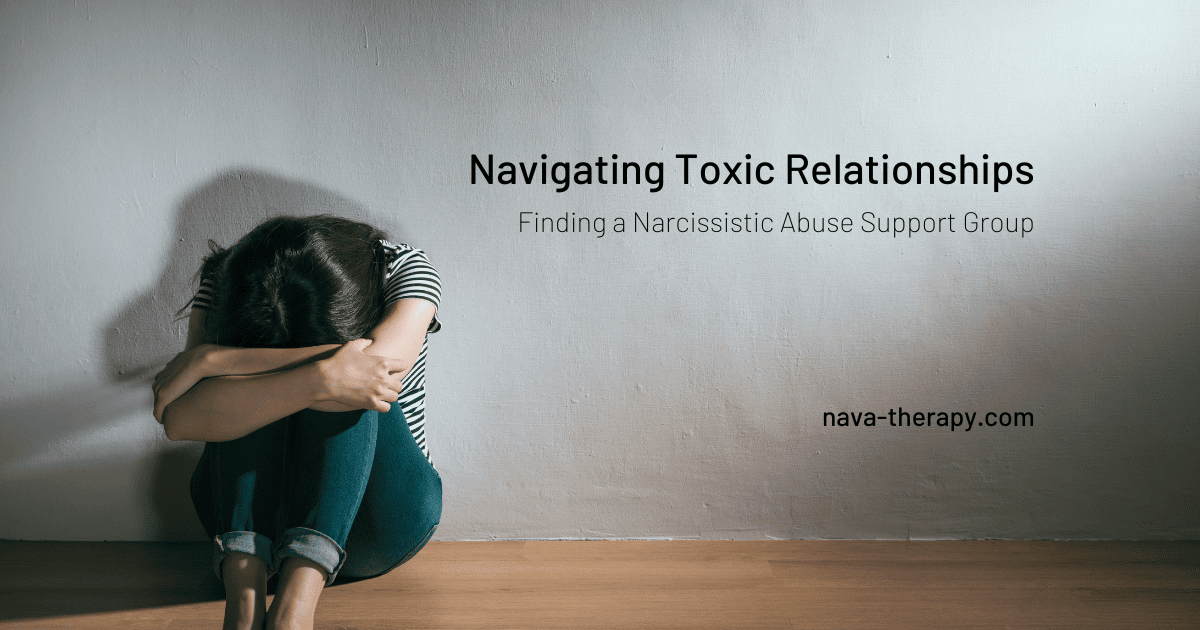
Toxic relationships can have devastating effects on a person’s emotional well-being, especially when they involve narcissistic abuse.
The manipulative nature of someone with narcissistic personality disorder often leaves victims questioning their self-worth and struggling to overcome the emotional damage inflicted.
If you’re dealing with the fallout of such a relationship, joining a narcissistic abuse support group can be an integral part of your healing journey.
This guide will help you understand narcissistic abuse, explore the benefits of group services, and find resources to connect with others who understand your experiences.
Understanding Narcissistic Abuse and Its Impact
Understanding Narcissistic Abuse and Its Impact
Narcissistic abuse is a form of emotional abuse perpetrated by individuals with narcissistic personality disorder or those who exhibit similar traits.
These abusers often manipulate their victims, exert control, and blur the lines between reality and their own distorted narratives.
Relationships with narcissistic individuals are frequently marked by gaslighting, devaluation, and a lack of empathy. The devastating effects of such abuse can include anxiety, depression, low self-esteem, and a fractured sense of self.
Survivors may struggle with feelings of shame, guilt, and self-blame, questioning whether the abuse was their fault. Recognizing that the fault lies entirely with the abuser is a critical step toward recovery.

The Role of Support Groups in Narcissistic Abuse Recovery
The Role of Support Groups in Narcissistic Abuse Recovery
For narcissistic abuse survivors, connecting with others who have endured similar experiences can provide a powerful sense of community and validation.
Abuse support groups offer a safe space to share feelings, access resources, and rebuild your life after leaving a toxic relationship.
A narcissism abuse support group typically consists of members who have faced similar struggles and are on the same journey toward healing.
These groups foster a sense of empathy and understanding that can be hard to find elsewhere.
Hearing other victims’ stories can validate your own feelings and experiences, helping you realize you’re not alone in your struggles.

Benefits of Group Therapy for Narcissistic Abuse Survivors
Benefits of Group Therapy for Narcissistic Abuse Survivors
Group therapy, such as a narcissist abuse support group, is an effective form of support for individuals recovering from abusive relationships.
Here are some of the key benefits of joining a support group:
Community and Connection
Community and Connection
Sharing your story with peers who understand the realities of abusive relationships creates a strong feeling of belonging. This community can help combat feelings of isolation and loneliness.
Empathy and Validation
Empathy and Validation
Members of a support group often express deep empathy for one another, as they have faced the manipulative pain of narcissistic relationships themselves. This validation is crucial for rebuilding self-esteem.
Practical Resources and Advice
Practical Resources and Advice
Many groups offer referrals to additional tools, such as therapy, domestic abuse shelters, or legal assistance. Hearing advice from other survivors can help you access the tools you need to move forward.
Personal Growth and Healing
Personal Growth and Healing
By sharing experiences and discussing coping strategies, survivors can form new perspectives on their past. This fosters emotional growth and helps individuals overcome lingering anxiety and self-doubt.
Affordable Support Options
Affordable Support Options
For those who cannot afford one-on-one therapy, group therapy provides an accessible form of care and guidance.

Finding the Right Narcissistic Abuse Support Group
Finding the Right Narcissistic Abuse Support Group
Not all groups will be a good fit for everyone, so finding one that aligns with your needs is important.
Here are steps to help you get started:
- Research OnlineSearch for local abuse support groups in your area or virtual options if you prefer to participate from the comfort of your home.
- Contact Local ResourcesReach out to counseling centers, domestic abuse shelters, or therapists who specialize in recovering from narcissistic abuse. They may provide referrals to trusted support groups.
- Consider Specialized GroupsSome groups focus specifically on narcissistic abuse survivors, while others may address broader trauma or toxic partners.
- Evaluate Group DynamicsBefore committing to a group, attend a session or speak with the organizer. Consider whether the group fosters an environment of safety, support, and inclusivity among its participants.
- Join a CommunityOnce you find a good group, commit to participating regularly. Consistency is a part of building trust and forming meaningful connections.

What to Expect in a Narcissistic Abuse Support Group
What to Expect in a Narcissistic Abuse Support Group
Support groups vary in structure, but most involve open discussions facilitated by a therapist or experienced group leader. Participants share their feelings, past experiences, and strategies for navigating recovery.
Over time, these interactions help you rebuild your self-esteem, challenge distorted beliefs about your role in the abuse, and embrace the healing journey with greater confidence.

Additional Tips for Recovery and Healing
Additional Tips for Recovery and Healing
- Seek Individual TherapyWhile group therapy offers valuable peer support, individual therapy can address personal challenges in depth. A trained therapist can guide you through the nuances of your emotions and help you regain control of your life.
- Educate YourselfLearning about narcissistic personality disorder and its impact on relationships can help you make sense of the abuse.
- Set BoundariesWhether with the abuser or others in your life, establishing boundaries is essential for protecting your psychological health.
- Build a Support NetworkBeyond the group, surround yourself with empathetic friends and family who respect your healing process. Having multiple sources of support can make a significant difference.

A Path Toward Healing
A Path Toward Healing
Recovering from the devastating effects of narcissistic abuse is a complex but achievable journey.
At Nava Therapy, we understand the challenges survivors face in rebuilding their lives after abusive relationships. Our licensed therapists specialize in narcissistic abuse recovery, offering both individual and group options.
Whether you seek referrals, support, or a safe space to share your story, we’re here to help. Take the first step on your healing journey today.
Contact us to learn how we can help you reclaim your life and find peace.

